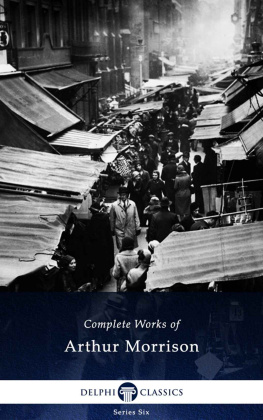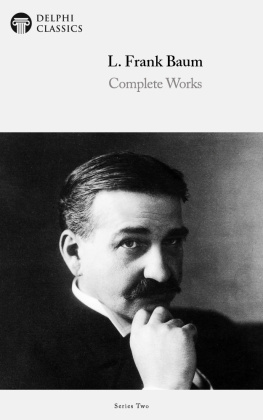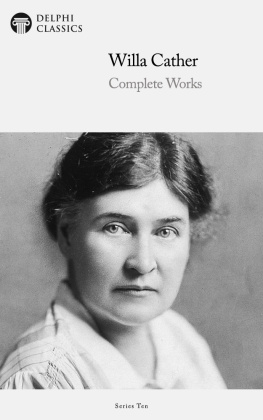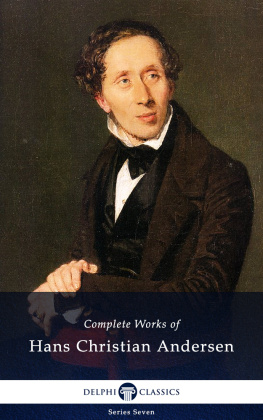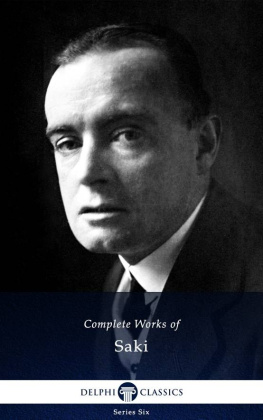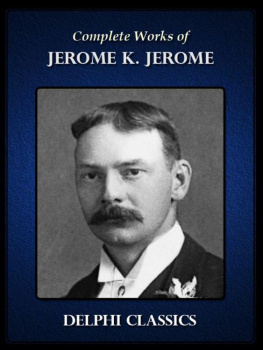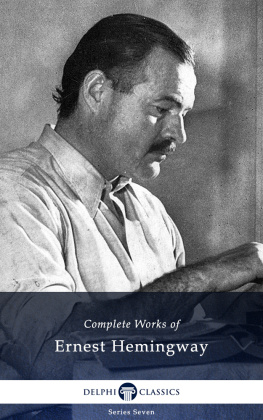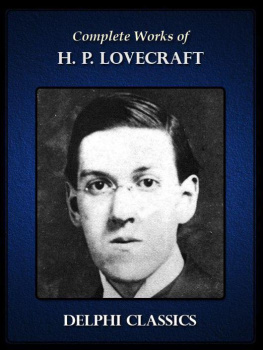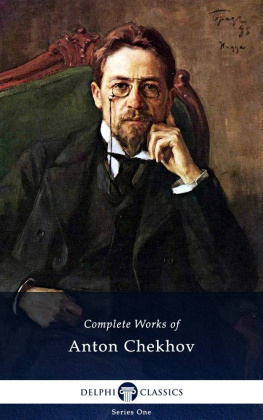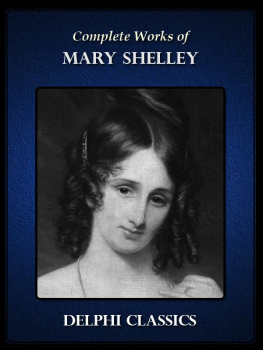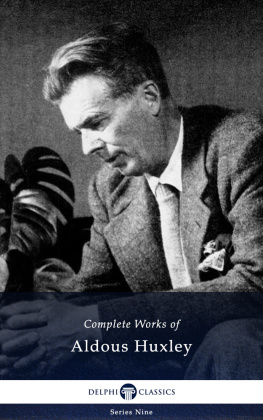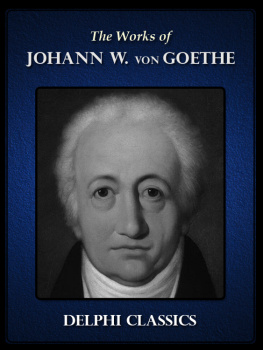The Complete Works of
ARTHUR MORRISON
(1863-1945)
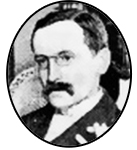
Contents

Delphi Classics 2016
Version 1

The Complete Works of
ARTHUR MORRISON
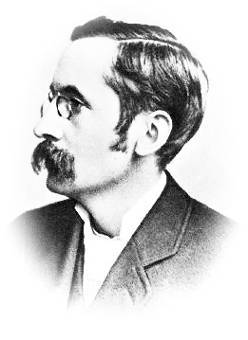
By Delphi Classics, 2016
COPYRIGHT
Complete Works of Arthur Morrison
First published in the United Kingdom in 2016 by Delphi Classics.
Delphi Classics, 2016.
All rights reserved. No part of this publication may be reproduced, stored in a retrieval system, or transmitted, in any form or by any means, without the prior permission in writing of the publisher, nor be otherwise circulated in any form other than that in which it is published.
Delphi Classics
is an imprint of
Delphi Publishing Ltd
Hastings, East Sussex
United Kingdom
Contact: sales@delphiclassics.com
www.delphiclassics.com
Parts Edition Now Available!

Love reading Arthur Morrison ?
Did you know you can now purchase the Delphi Classics Parts Edition of this author and enjoy all the novels, plays, non-fiction books and other works as individual eBooks? Now, you can select and read individual novels etc. and know precisely where you are in an eBook. You will also be able to manage space better on your eReading devices.

The Parts Edition is only available direct from the Delphi Classics website.
For more information about this exciting new format and to try free Parts Edition downloads , please visit this link .
The Martin Hewitt Books
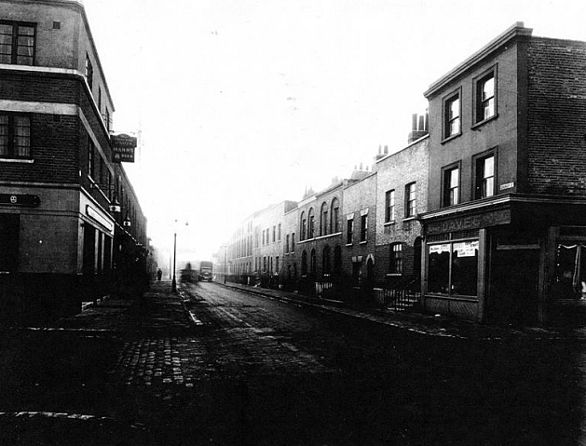
Grundy Street, Poplar, East London Morrisons birthplace. Most of the houses were destroyed during the Blitz and the birthplace no longer stands.
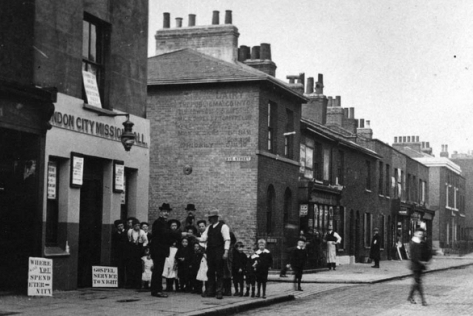
Grundy Street, c. 1907
MARTIN HEWITT, INVESTIGATOR

In December 1893, fictitious sleuth Sherlock Holmes was sent to his death at the Reichenbach Falls by his creator, Arthur Conan Doyle. Whilst fans of Holmes were dismayed and bombarded Conan Doyle with pleas to somehow resurrect Holmes so he could appear in more stories, editors of magazines similar to The Strand (where the Holmes stories regularly appeared) immediately searched around for a viable substitute detective and author, to attract the Holmes fan base. Morrison was one of many authors that sought to fill this new gap in the market and Martin Hewitt was the result, chosen by The Strand to counteract this exodus of readers. By March 1894, Martin Hewitt was introduced to readers, but his reception, although favourable, was also somewhat confused. The Leeds Times of 24 March 1894 reported that in Martin Hewitt we have Sherlock Holmes, redivivus [reborn], and from internal evidence, we have little hesitation in attributing this new detective story to Conan Doyle. Why did Dr. Doyle kill Sherlock qua Sherlock and bring him back to life as Martin Hewitt is a problem utterly beyond us.....Martin Hewitt, Investigator is anonymous, and if Conan Doyle did not write it, then we pay the author the compliment of saying that Conan Doyle might have written it. It would seem that The Strand had succeeded in finding a worthy successor to their famous detective.
Does Martin Hewitt really stand up to close inspection as a successor to one of the greatest fictional detectives of all time? He is certainly very different as a person. Firstly, Holmes is tall and lean, and Hewitt is of average height and rather plump. Hewitt is a loner, but has a kindly and friendly manner definitely not qualities that Holmes was known for. There is no sharpness of manner about Hewitt, and interestingly, he conforms to one of the popular stereotypes of the media used for police detectives in the nineteenth century that they are so bland and ordinary, that one would walk past them in the street and have no inkling of a fine analytical mind and strong powers of observation which undoubtedly existed. Holmes was arrogant and was vain enough to want people to know of his abilities. Genial of manner and with a twinkle in his eye, Hewitt uses his apparent sympathy and interpersonal skills to coax information from witnesses, which is far from Holmes techniques he has Watson as an alter ego to offer a softer aspect to the investigation. Hewitt does have an assistant, a journalist named Brett, but his role is slightly different to Watsons; however, both assistants narrate the exploits of their detective friends for the reader to enjoy. Hewitt does not use disguises, except perhaps for a pair of spectacles, whereas Holmes is a master of disguise. Hewitt also does not have an ambivalent attitude towards the police, rather he appreciates working with them, whereas Holmes is often scathing of the Met.
As for the investigations themselves, their success depends for both detectives on their own skills, solving the crime with logic, attention to finer details and deduction, but Hewitt comes across as more instinctive in his work - he himself always consistently maintains that he has no system beyond a judicious use of ordinary faculties, whereas Holmes is a scientist and fiercely, icily logical. These are qualities that would appeal to the largely male readership of The Strand logic, science and the edgy world of crime being largely a mans domain in real life anyway. Many of the crimes each detective tackled have similar themes theft, robbery, missing jewels, restoration of a persons good name, revenge, murder and deception. In addition, quintessentially middle class values of the maintenance of respectability, the triumph of justice, the protection of commerce, fair play and the gentle sex, are featured strongly in both sets of stories. Other themes that reflect public anxieties of the times are the threat of anarchists (often mysterious, deadly and definitely not British) and other minority groups such as gypsies, who are seen as exotic and not necessarily in a pleasant way. These tales concern ingenious or deceptively complex crimes which require the services of an equally agile mind to solve them, one that is capable of lateral thinking, code breaking, handwriting analysis, intense scrutiny of the clues and possessing an expansive general knowledge.
Although there are similarities between the two detectives, the differences are also strong enough to make each one appealing in his own right. There is a more lightweight feel to the Hewitt stories, perhaps as befits his more bourgeois background; Holmes is very much a man of the establishment by birth, with his brother in a secret and high level government position. Hewitt is clean living it would seem, with none of the addictive behaviour of Holmes and so one loses some of the thrill of watching a man struggle with his demons and on occasion, lose. One could wish that Morrison had tried harder to create plots that did not owe anything to Conan Doyle, but then Morrison had been engaged to replace Conan Doyle, and no doubt the journalistic discipline which informed all his other work kept him strictly to his brief. All in all, Hewitt is an affable and astute fellow, and worth getting to know.
Next page
